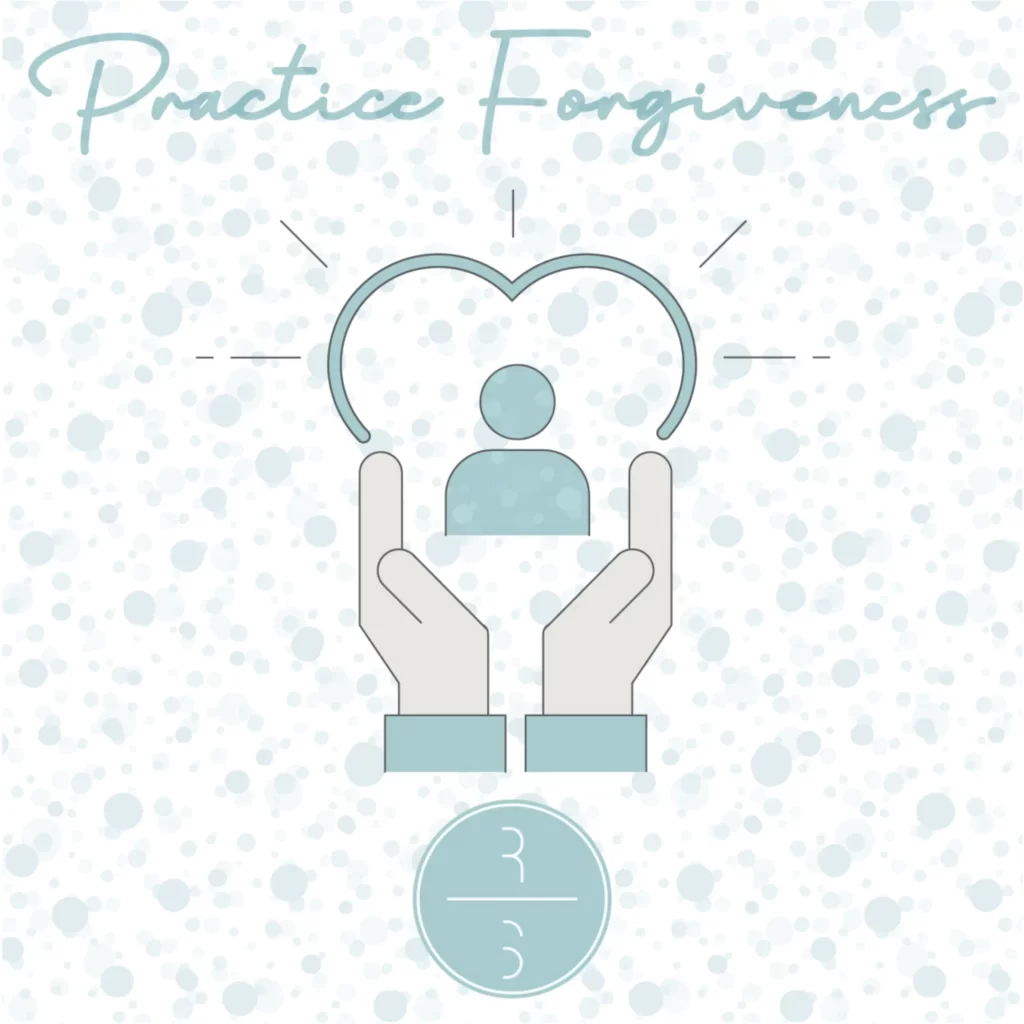When you’ve been hurt by someone, it’s not always easy to let go, and oftentimes you may find yourself held up in resentments, grudges, & revenge that it clouds our judgement and our lives. These heavy emotions only make us feel worse, and not just emotionally. For example, resentment can cause your blood pressure to spike while triggering the release of stress chemicals that can make you physically sick; and the truth is: It doesn’t really help you feel any better.
We sometimes forget that forgiveness has less to do with other people and everything to do with us. It’s like the saying – “Not forgiving is like drinking poison and expecting the other person to die”. We also need to understand that forgiveness is about making the conscious choice to release yourself from the burden, pain, and stress of holding on to resentment; not necessarily reconciling with or condoning the actions of the person that had done you wrong.
The truth is: when you’ve been wronged, forgiveness is the only thing that provides relief from the pain as well as protect you from further harm from that person. It sounds like a bitter pill to swallow.
Read on below to learn how forgiving others [and yourself] can help you release the heavy burden of resentment to experience more freedom.
1. Do it for you!
2. Honor your feelings
It’s important to give yourself permission to acknowledge and honor the pain that’s very real for you. Notice where you feel it in your body and ask yourself, “What do I need right now?” Maybe you need to feel supported, take more time, or do something kind for yourself. Allowing space for the pain in this way can help you know whether you’re ready to release it from your heart and mind.
3. Name your emotions
Allow yourself to be honest and simply name the feelings that you’re feeling. They might include guilt, grief, shame, sorrow, confusion, or anger. One study found that when you name your emotional experience it turns the volume down on your amygdala [the emotion center of the brain] and brings resources back to your pre-frontal cortex, the rational part of your brain. So, by naming the feeling you can create space and not get overwhelmed.
4. Practice empathy
Although this may be hard for most, but practicing empathy towards the person that did you wrong while seeing things from a different perspective, may in some cases be beneficial and can actually help you forgive that person faster and easier .
5. Find the learnings
Something I made a habit out of is always asking myself what I have learned from whatever is happening in my life, and I find myself doing it more so to unpleasant situations than pleasant ones. I am a believer that whatever is in my life, I create [subconsciously if anything]; I think of it as a way for my soul to learn and evolve. This means that there is always a positive learning from that ‘situation’ that I need to extract and adopt. And I believe once that is accomplished, I will no longer have to ‘create’ such similar situations, and move on to my next learning.
6. Forgive Yourself & move on!
Like any other virtue, forgiveness takes practice. Start by forgiving easier situations & people, as these ‘small’ satisfactions will fuel you to take on ‘tougher’ situations. In short, grudges, resentments, & revenge take so much space in our lives and minds! – let’s learn how to let go, forgive, & move forward!

